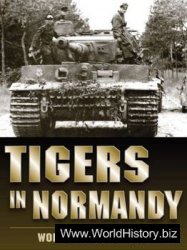Citizen-soldier is a concept with deep roots in the nation’s history. The COMMON SOLDlERs who made up the volunteer armies of the CiViL War knew that previous wars had called upon white male citizens to drop their ordinary occupations and spring into action in the service of their nation. Taking up arms and defending community and country against foreign invaders or domestic threats was an important part of citizenship in a democracy. Afterward, if all went well, the citizen-soldiers would return to their normal lives, secure in the knowledge that they had done their duty. Reasonably, they could expect the country to be grateful for their sacrifices and reward them. This was the case in the American Revolutionary War and in the Mexi-can-American War of 1846-48.
Glorying in the democratic traditions of their military endeavors, Americans did not trust professional armies, and for good reasons. Britain’s “standing army” was associated with the violation of rights endured by the American colonists beginning in the 1760s. The U. S. Constitution provided the power for Congress “to raise and support armies,” but the Second Amendment endowed states with the right to maintain militias. A rough-and-ready system of state militias emerged by the 1790s, manned by volunteers as the necessity arose.
Notoriously inefficient and undisciplined, militias composed of citizen-soldiers nonetheless remained the preferred method of waging war throughout the 19th century. Necessarily, the professional army was tiny and viewed with suspicion. Politicians regularly threatened to close the United States Military Academy at West Point. A professional cadre of officers whose loyalty was to the army, not the people, could pose a threat to democratic institutions. On the other hand, the ideal of the citizen-soldier embodied the traditions of popular will and representative government. Both the Union and Confederate armies raised the majority of their men by calling upon the ideal of the citizen-soldier.
Further reading: Eliot A. Cohen, Citizens and Soldiers: The Dilemmas of Military Service (Ithaca, N. Y.: Cornell University Press, 1985).




 World History
World History









